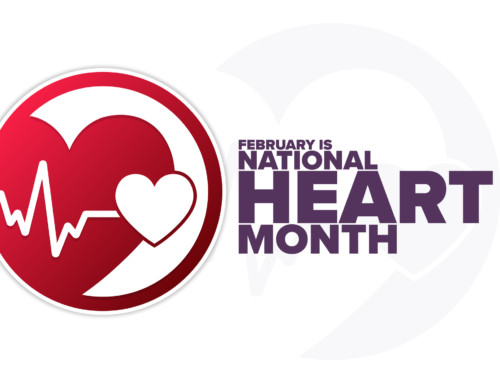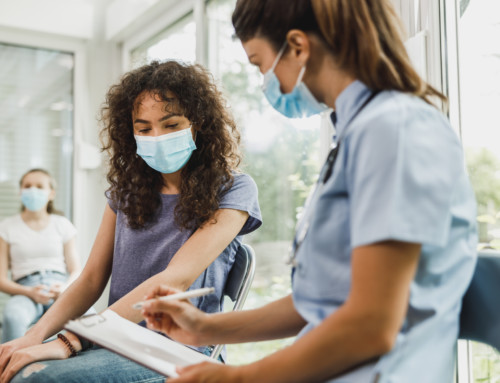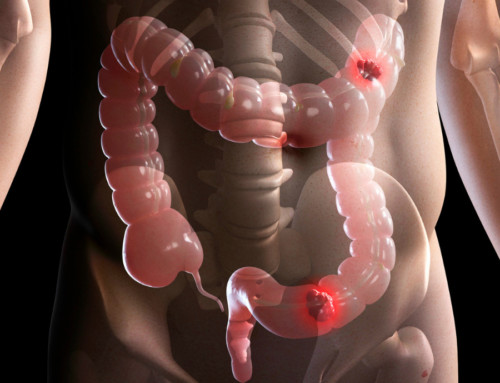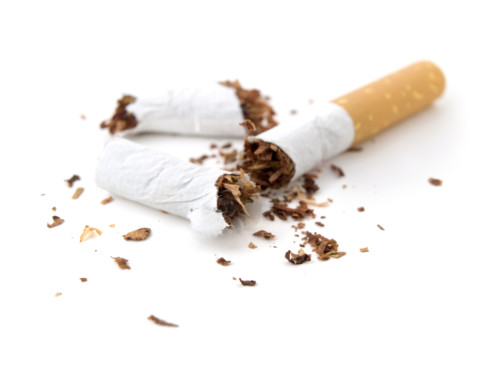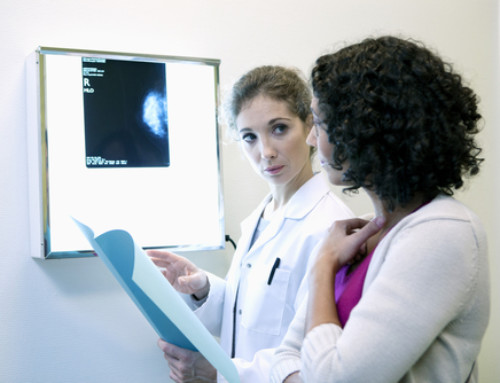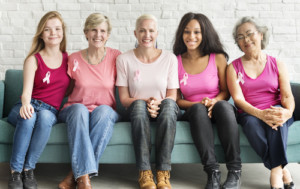 There’s no doubt that your battle with cancer will change you. Physically, emotionally, and mentally, you will arrive on the other side of your journey different than when you began. In fact, the end of treatment is actually the beginning of a new phase.
There’s no doubt that your battle with cancer will change you. Physically, emotionally, and mentally, you will arrive on the other side of your journey different than when you began. In fact, the end of treatment is actually the beginning of a new phase.
It’s normal to continue to grapple with the effects of your diagnosis even after you’ve been given a clean scan. The effects of your breast cancer don’t go away just because the cancer has.
So, how can you live your most fulfilling life after breast cancer? Here are some tips for your recovery and ways to be gentle with yourself as you become the new best version of you.
Your Physical Road to Recovery
Getting a clean bill of health doesn’t mean you’ll bounce right back to 100%, physically speaking. Depending on the type and length of treatment you’ve received, here are some potential long-term effects you may experience:
- Fatigue
- Hot flashes
- Restlessness
- Trouble sleeping
- Sexuality or intimacy issues
- Joint pain
- Early menopause
These symptoms can continue for months beyond your last treatment.
“Chemo brain” is a common physical effect of cancer treatment that persists after chemo sessions. This type of mind fog is frustrating, with survivors reporting feeling confused or experiencing memory lapses. Remember the fog will likely lift within 12 months. Exercise and brain games can help you move past chemo brain and begin to feel (and think) like yourself again.
Allow Room for Emotional Healing
Physical healing isn’t the only type of recovery that takes place after breast cancer. Your mental and emotional states will also require some attention. For example, a lot of breast cancer survivors say they now have a great deal of anxiety about the cancer returning. Your relationships with family and friends may also have shifted or changed during your treatment, which could be an added stressor.
Facing your mortality is no small thing. We can’t overstate this: Give yourself lots of time to heal emotionally after the crisis has passed. Try not to put a timetable on how you should feel by what date, and consider talking with a counselor or support group. Such a huge emotional journey leaves lingering effects, and talking to someone who understands may be an invaluable part of processing your emotions as a survivor.
Other self-care practices, such as meditation or helping others battling breast cancer, can also serve as huge pick-me-ups. There are many chances to get involved with breast cancer charities or fundraising events, where you can meet like-minded people who understand how you’re feeling.
Note: If you find yourself confronted with depression or consistent bouts of anxiety, always reach out for professional help.
Taking Care of Your Body Moving Forward
Life after breast cancer could also mean major lifestyle changes. Giving yourself the best odds of remaining cancer-free often requires rethinking some of your habits, especially how and what you eat. To take good care of your body after breast cancer:
- Increase your intake of fruit and vegetables, and limit items like red meat, processed foods, and “bad” fats. While weight control can’t eliminate your chance of cancer returning, being overweight does increase your risk of getting cancer again.
- Women who smoke
have a higher breast cancer mortality rate and risk of recurrence. If you smoked before you had breast cancer, life after cancer should be cigarette free. - Get moving. One study of 13,000 breast cancer survivors found that women who got at least 30 minutes of brisk exercise several times per week had a higher long-term survival rate than those women who remained sedentary.
Life after breast cancer is a new road, but that also means you have the opportunity to define it. Tri-City Medical wants to work with you to make it a healthy and fulfilling one. Give yourself time to heal both emotionally and physically, and remember that you’re not alone. There is a world of other survivors out there who can offer support and walk you through recovery. If you have any questions, visit one of our trusted providers today.
